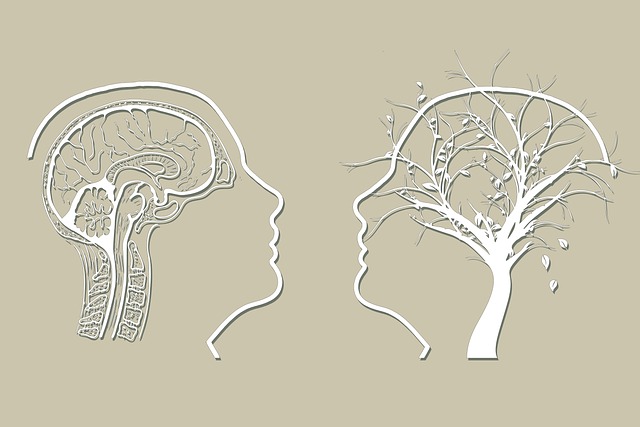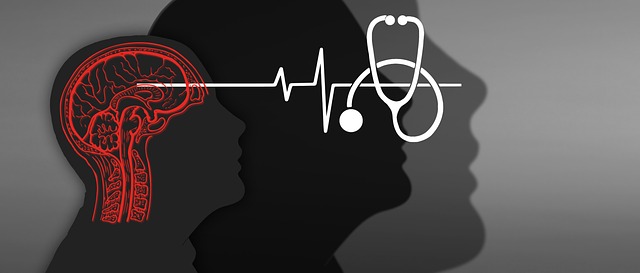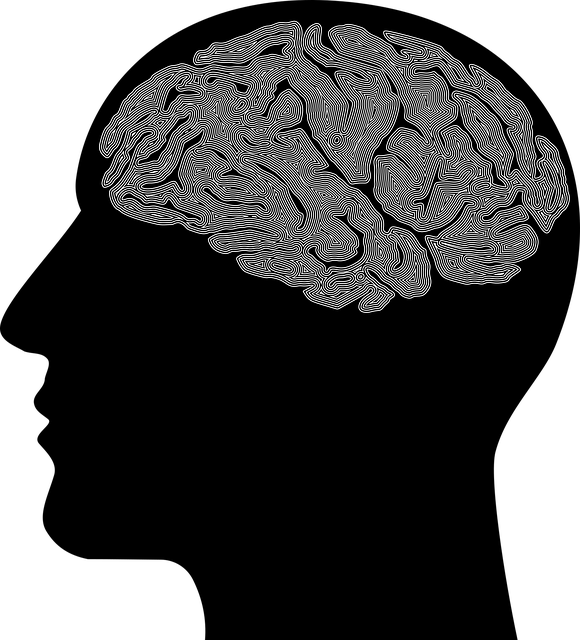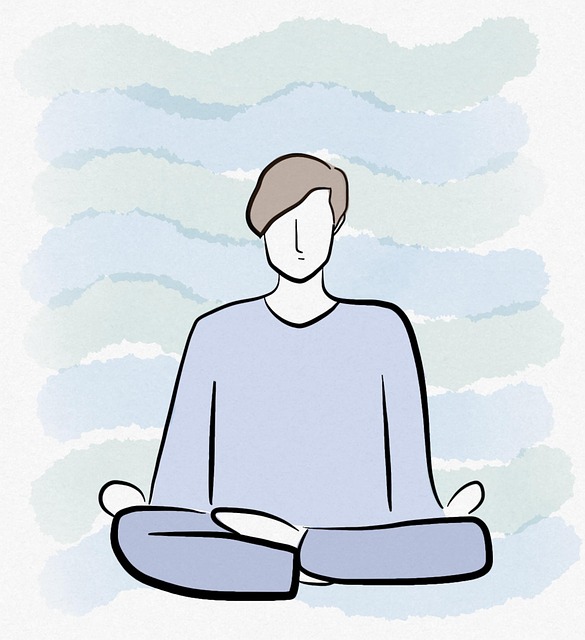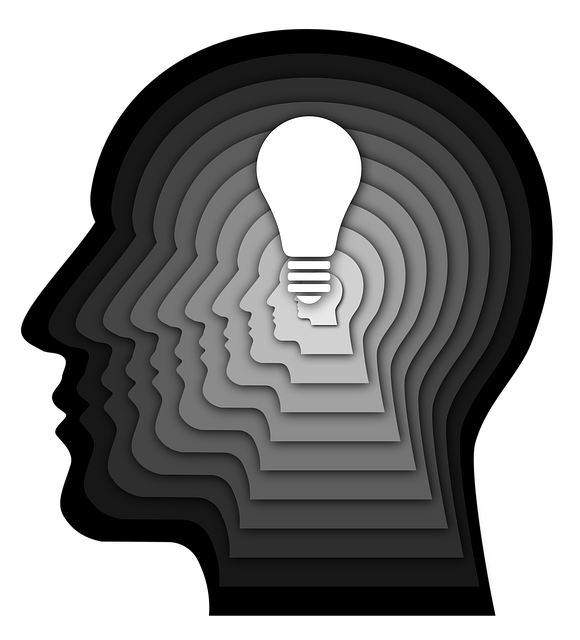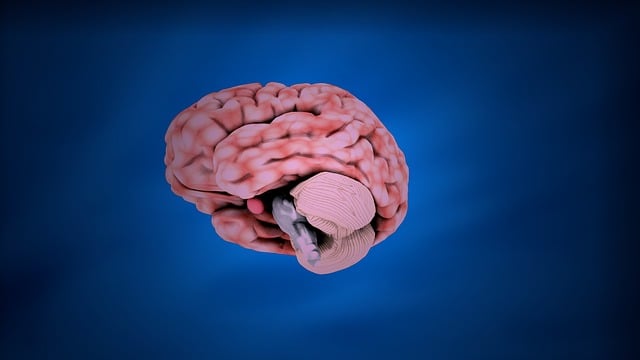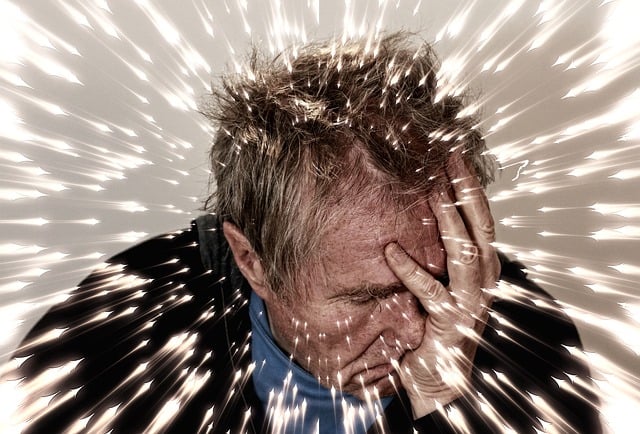Depression among elderly men presents unique challenges due to societal norms encouraging stoicism. Early detection is crucial; signs include social withdrawal, loss of interest, and fatigue. Tailored interventions focus on inner strength development, trauma support, and coping mechanism discovery. Social connections are vital in prevention, encouraging open emotional conversations and normalizing help-seeking behaviors. Lifestyle changes like exercise, nutrition, and sleep also play a role. Strategies like Cognitive Behavioral Therapy (CBT) and comprehensive risk assessments enhance therapy effectiveness for men's specific issues. Community initiatives, support groups, and awareness campaigns further prevent and manage depression in vulnerable populations.
Depression among elderly men is a pressing issue, often overlooked due to societal norms. This article delves into effective prevention strategies tailored specifically for male elders, addressing unique challenges and silent struggles. From recognizing early signs to exploring evidence-based therapies, we uncover the power of social connections, lifestyle changes, and community initiatives. By understanding the interwoven threads of support networks and mental well-being, we can foster a healthier, happier future for our seniors, especially men facing therapy for elders and navigating male-specific issues.
- Recognizing Depression in Elderly Men: Unique Challenges and Early Signs
- The Role of Social Connections and Support Networks in Prevention
- Lifestyle Changes for Mental Well-being: Exercise, Diet, and Sleep
- Evidence-based Therapies Specifically Tailored for Male Elders
- Community Initiatives and Resources for Effective Depression Management
Recognizing Depression in Elderly Men: Unique Challenges and Early Signs

Depression among elderly men presents unique challenges due to societal norms that often discourage them from expressing their emotions openly. The stereotypical image of stoicism can mask underlying feelings of loneliness, despair, and sadness. Recognizing depression in this demographic requires a nuanced understanding of their struggles, as they may not readily seek help or display traditional signs of mental distress. Early detection is crucial; subtle changes in behavior such as increased social withdrawal, loss of interest in hobbies, or noticeable fatigue could indicate a deeper issue.
Therapy tailored for elderly men’s issues can be life-changing. By addressing their specific challenges, therapists can facilitate the development of inner strength and teach valuable mind over matter principles. Trauma support services are also vital, as many older men may carry unresolved traumas from their pasts, which contribute to their depression. Through these interventions, individuals can find new coping mechanisms and rediscover a sense of purpose, improving their overall well-being.
The Role of Social Connections and Support Networks in Prevention

Social connections and support networks play a crucial role in depression prevention, especially for older adults and men who often face unique challenges. Strong social ties act as a buffer against mental health issues by providing a sense of belonging and purpose. For elders, regular interactions with family, friends, or community groups can help combat feelings of isolation and loneliness, which are significant risk factors for depression. These connections offer emotional support, a safe space to express emotions, and opportunities for engaging in activities that promote well-being.
Men, traditionally less inclined to seek help for mental health concerns, can benefit from building and maintaining supportive networks. Encouraging open conversations about emotions and fostering environments that normalize seeking therapy or support can significantly contribute to preventing depression. Through these connections, individuals can develop coping skills, learn positive thinking strategies, and manage stress effectively. Support networks also play a vital role in encouraging help-seeking behaviors, ensuring that those at risk receive the necessary care and support.
Lifestyle Changes for Mental Well-being: Exercise, Diet, and Sleep

Depression prevention strategies often start with significant lifestyle changes aimed at enhancing mental well-being. Regular physical activity is a powerful tool in combating depression. Exercise releases endorphins, which act as natural mood boosters, and can reduce symptoms of anxiety and low mood. For older adults, this could mean taking up gentle exercises like swimming or yoga, tailored to suit their needs and abilities.
Nutrition plays a crucial role too. A balanced diet rich in fruits, vegetables, whole grains, and lean proteins can positively impact mental health. Foods containing omega-3 fatty acids, such as salmon and flaxseeds, are known to support brain health and may help prevent depression. Additionally, ensuring adequate sleep is essential; it allows the body to rest and repair, and supports emotional regulation. Social Skills Training and Healthcare Provider Cultural Competency Training can also contribute to mental wellness by fostering connections and addressing specific cultural or social needs, particularly for men who might face unique challenges in expressing emotions and seeking help.
Evidence-based Therapies Specifically Tailored for Male Elders

Depression prevention strategies specifically tailored for male elders have gained significant attention due to the unique challenges they face. As men age, they may experience a decline in social connections and physical health, which can contribute to feelings of isolation and depression. Evidence-based therapies, such as cognitive behavioral therapy (CBT), have proven effective in addressing these issues. CBT helps individuals identify and change negative thought patterns and behaviors, promoting healthier coping mechanisms and improving overall well-being.
Mental health professionals play a crucial role in the prevention process through comprehensive risk assessments tailored to men’s issues. This involves evaluating factors like social isolation, chronic illnesses, and past traumatic experiences. By integrating these insights, therapists can design personalized interventions that target specific areas of concern, such as anxiety relief and stress reduction methods. Such targeted approaches enhance the effectiveness of therapy for elders, fostering resilience and a better quality of life.
Community Initiatives and Resources for Effective Depression Management

Community initiatives play a pivotal role in depression prevention and management, especially for vulnerable groups like the elderly and men, who often face unique challenges when it comes to mental health. Local support groups, led by trained professionals or peers, can provide a safe space for individuals to share their experiences, reduce feelings of isolation, and offer practical strategies for coping with depressive symptoms. These groups facilitate emotional regulation through peer-to-peer support, encouraging open dialogue and fostering a sense of belonging.
Public awareness campaigns are another powerful tool in the fight against depression. By educating communities about the signs and symptoms, breaking down stigmas, and promoting early intervention, these campaigns can encourage individuals to seek help before depression becomes severe. Targeting men’s mental health issues specifically has been shown to be effective, as it addresses cultural barriers and encourages men to open up about their struggles, ultimately leading to better access to therapy for elders and other at-risk groups.
Depression prevention among elderly men requires a multifaceted approach. By recognizing unique challenges and early signs, fostering social connections, promoting healthy lifestyle changes, and providing tailored evidence-based therapies, we can effectively manage and prevent depression in this demographic. Community initiatives and resources play a crucial role in supporting male elders, ensuring they have access to the help they need. Through collaborative efforts, we can enhance mental well-being and improve the lives of elderly men facing therapy for elders’ mens issues.

